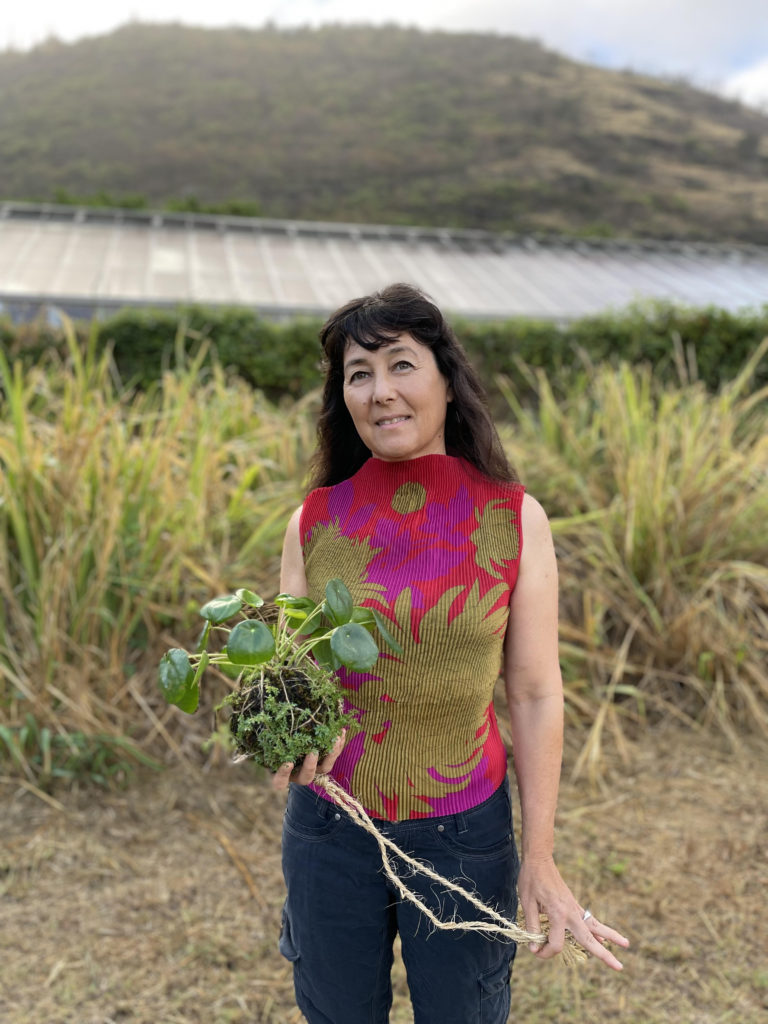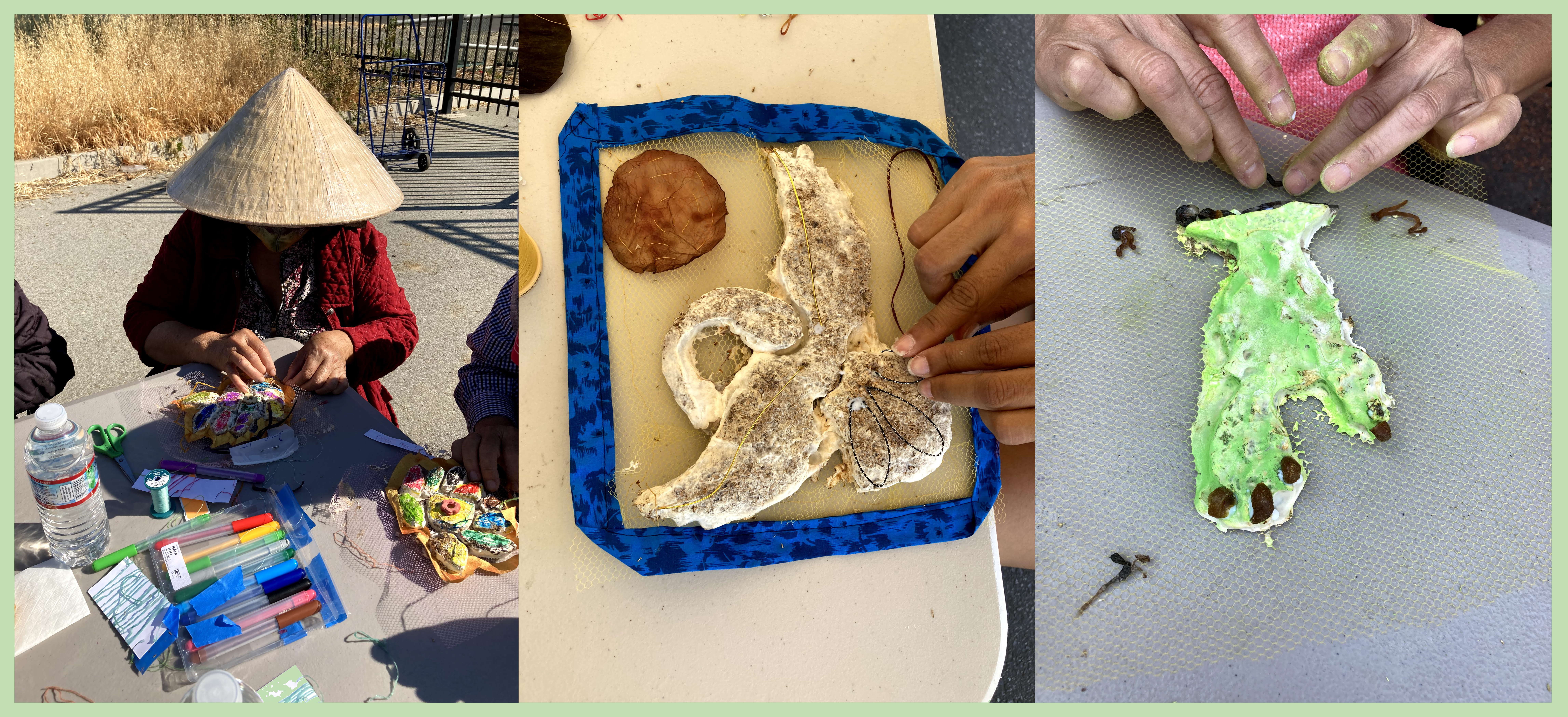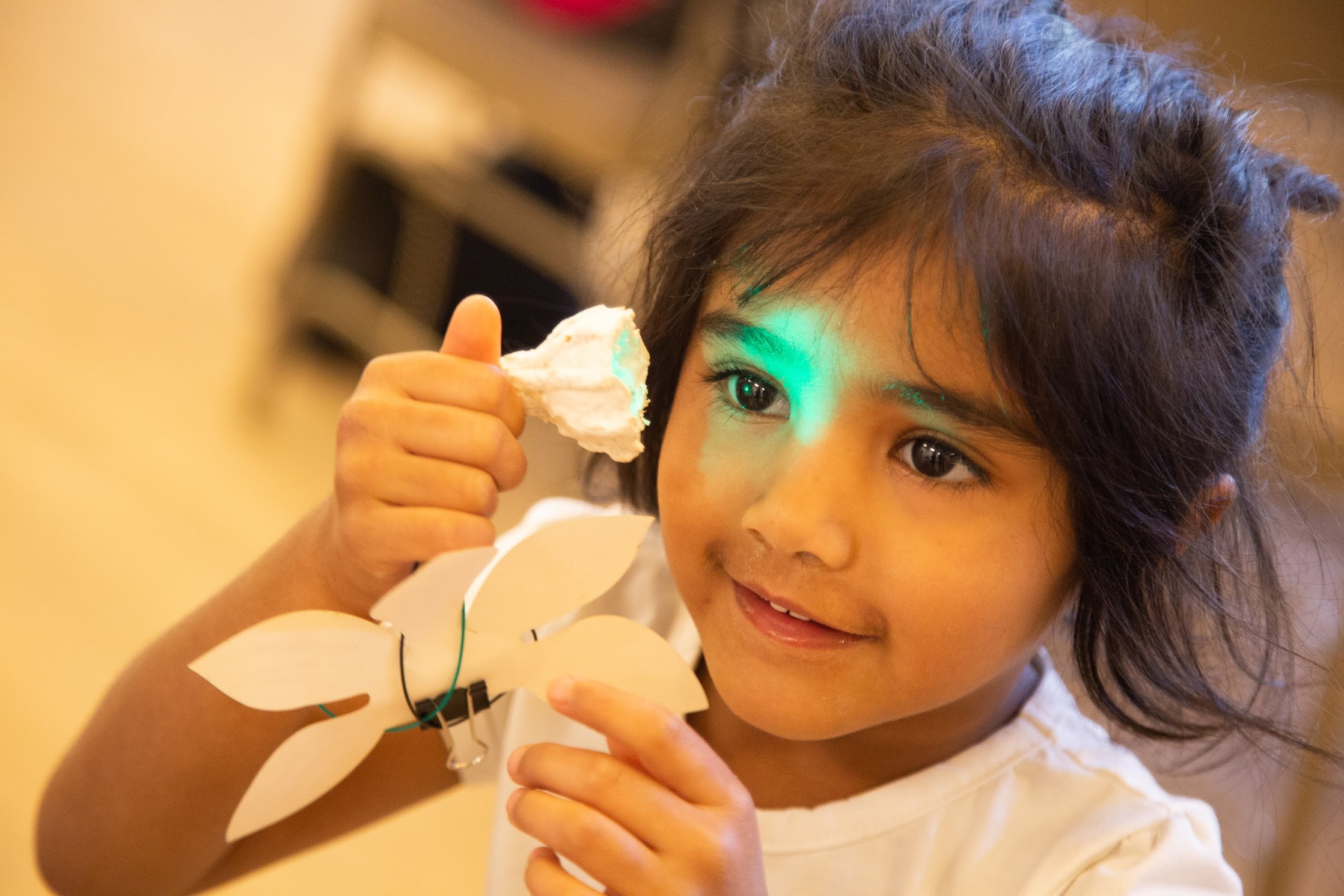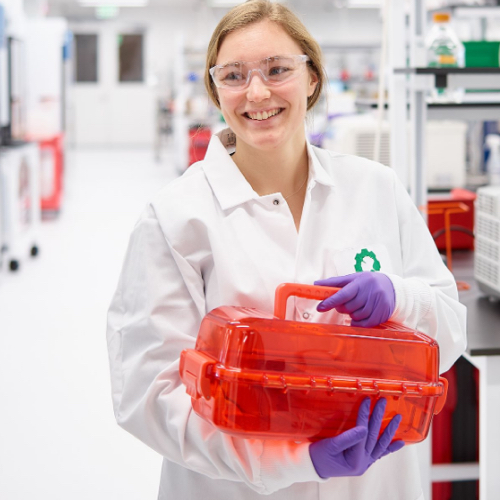 Spearheaded and curated by Ginkgo Bioworks and design agency Faber Futures, the Ginkgo Creative Residency provides an experimental platform for creative thinkers to explore the intersection of design and biology. This year, we asked designers to think critically about PLAY: How can we create playful encounters in and out of the lab to reveal alternative possibilities for synthetic biology that nurture community, resilience, and hope?
Spearheaded and curated by Ginkgo Bioworks and design agency Faber Futures, the Ginkgo Creative Residency provides an experimental platform for creative thinkers to explore the intersection of design and biology. This year, we asked designers to think critically about PLAY: How can we create playful encounters in and out of the lab to reveal alternative possibilities for synthetic biology that nurture community, resilience, and hope?
To play is to be in the world. It is to be open to surprise, contingency, and improvisation—a critical skill for our combined future. During this year’s residency, play will carve the time and space to help us imagine an alternative way of being in the world. We hope it will allow us to learn not only what is useful, but what is possible.
Corinne Okada Takara will join us as our Creative Resident this fall to explore PLAY. Corinne is a community artist activist and STEAM educator who creates playful art/science workshops celebrating culture and creativity to elevate community voices in conversations centered on sustainability and biotechnology. She conducts workshops on sustainability design and biomaterial design that celebrate existing cultural and community science knowledge.
As the daughter of a toy designer, her approach is informed by play’s power as a facilitator of brainstorming, communion, experimentation, iteration, and dreaming of sustainable futures. She was introduced to biology by her father through hands-on toy making with natural materials, and storytelling with endemic, invasive, and canoe plants on Maui. She learned about biological systems sitting on her grandma’s lanai as she was taught to make pinwheels of hibiscus flowers and boats of bamboo leaves. Listening to family stories of life in a Maui sugarcane labor camp, Corinne learned that we know a place through the plants, its names, its legends, gifts of health, rituals of gratitude, and play. That deep multifaceted engagement with biology has inspired her to connect to place and community through food, playful making, cultural knowledge, and agricultural labor issues.

Corinne’s career has spanned game design, public art, and many community spaces collaborations with museums, universities, community biolabs, community gardens and on-the-street pop-up events. The explorations she develops are informed by her past work as Program Director of Xinampa community biolab in Salinas, California, as co-founder of BioJam (a teen biodesign program), and as co-founder of the San José AYA Art & Design Thinking Camp. In addition, she has led four youth teams in the Biodesign Challenge, is a 2020 Global Community Biosummit Fellow, a 2020 National Public Interest Technology Innovation Fellow, and has led biomaterial sustainability workshops in Atlanta, Los Angeles, and Hawaii.


During her time at Ginkgo, Corinne will explore the development of a speculative design play kit, the Floating Kīpuka Grow Kit, which blends knowledge across time & cultures to create playful spaces for more voices in the discussions of equitable and just biofutures. The kit aims to be a model for multidirectional learning and sharing and will invite people to imagine new types of playful spaces of trust for collaboratively dreaming with biology with a focus on agricultural futures. The custom assemblies and custom-designed LEGO pieces will blend lab tools, organisms at scales, cultural legends, rituals of gratitude, and agricultural labor stories to bring culture and ethics directly into early bioengineering and sustainability design journeys. This is to empower more people to see themselves as co-shapers of biofutures. The resulting kit will be open source and shared via a website with downloadable activity cards and downloadable custom brick pieces.

“Kīpuka” is a Hawaiian word for an isolated patch of vegetation surrounded by lava flows.
Kīpuka is also poetically used to mean a place where life or culture endures, regardless of any surrounding turbulence and injustices. In addition to her explorations on-site at Ginkgo, Corinne will collaborate with organizations in Salinas, California and Hawaii. These community spaces have been percolating deep interconnected agricultural innovation questions rooted in culture, social justice, and sustainability but have been historically excluded from biotechnology and sustainability innovation conversations. These collaborations will take the form of kit prototyping workshops that will inform the development of play pieces and informational and prompt cards for the final kit.
Corinne is our sixth Creative Resident, following Ayana Zaire Cotton, Natsai Audrey Chieza, Yasaman Sheri, Andrea Ling, and the duo Monika Seyfried and Cyrus Clarke.
Corinne will receive mentorship from the creative residency team at Ginkgo Bioworks and Faber Futures. We also welcome our external jury to offer our residents critical perspectives and additional mentorship: Shira Chess, Latasha Wright, Knowledge Chikundi, and Karen Feder.
We’ll share updates from her time at Ginkgo here on the blog and on the Ginkgo Creative Residency Instagram @ginkgocreativeresidency and under #ginkgoplay.
